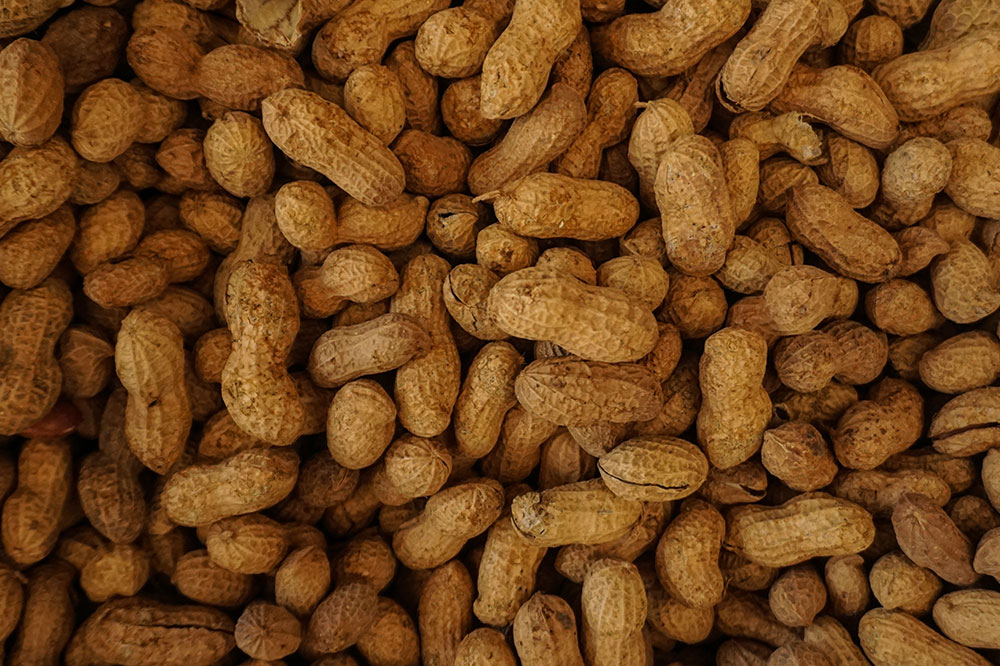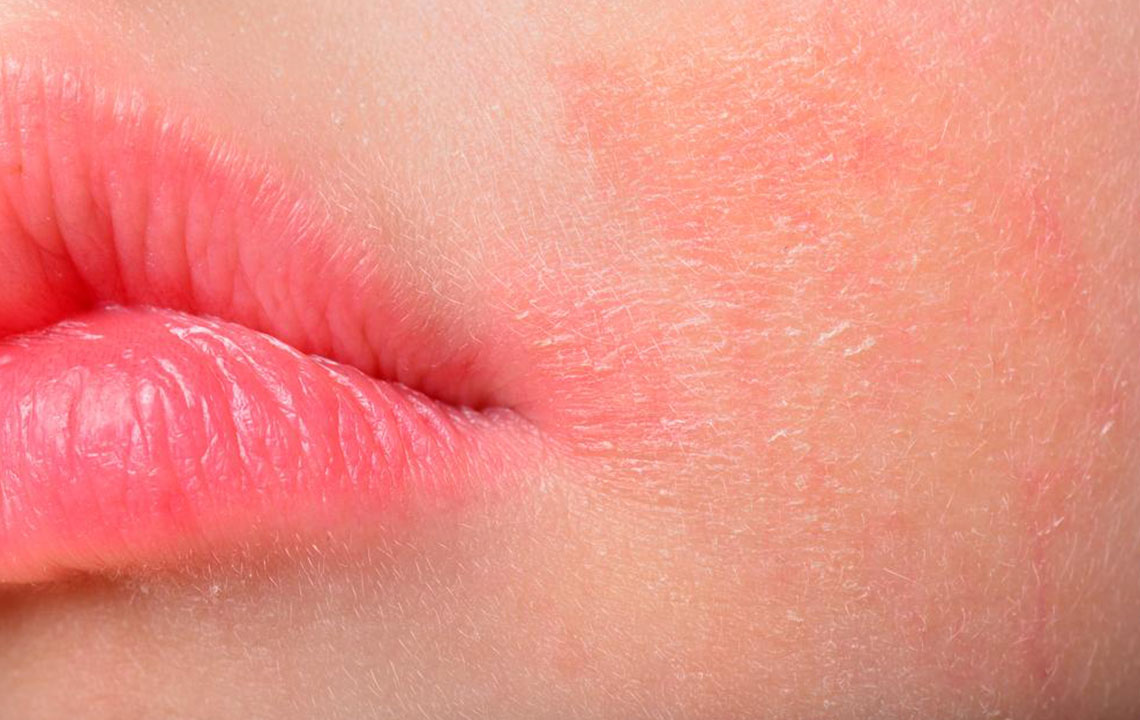Top Six Foods to Skip for Effective Eczema Control
Eczema management can be enhanced by avoiding certain foods that trigger flare-ups. This article highlights six key foods—including dairy, nuts, citrus, gluten, soy, and spices—that may worsen symptoms. Eliminating these from your diet might help reduce inflammation and improve skin comfort, but always consult with healthcare professionals before making dietary changes. Proper trigger management is essential for a better quality of life with eczema.

Top Six Foods to Skip for Effective Eczema Control
Eczema is a chronic skin condition characterized by dry, flaky patches that can blister and cause significant discomfort, interfering with daily life. While medications can help manage symptoms, paying attention to your diet can also reduce flare-ups. Certain foods are known to trigger or worsen eczema symptoms. Here are six foods to avoid to help keep eczema under control.
1. Dairy Products
Dairy is a common allergen and can provoke eczema outbreaks. For individuals with eczema, especially children, removing milk and dairy-based products from the diet and choosing alternatives can help prevent worsening symptoms and nutritional gaps.
Though the exact reason is unclear, eliminating dairy may ease eczema symptoms.
2. Nuts, Particularly Peanuts
Peanuts are a frequent allergen and can cause immediate eczema flare-ups even with small amounts. Consuming raw peanuts, peanut butter, or processed foods containing traces of nuts can trigger severe skin reactions in sensitive individuals.
3. Citrus Fruits
Citrus fruits like lemons, oranges, and grapefruits can irritate the skin upon contact, causing burning and redness. Eating these fruits may also lead to internal irritation and worsen eczema symptoms.
Eating gluten-containing grains is another trigger.
4. Gluten
Found in wheat and other grains, gluten is often added to processed foods as thickeners, binders, or flavor enhancers. For those allergic or sensitive, avoiding gluten-rich products can prevent eczema aggravation.
5. Soy Products
Soy, often used as a dairy substitute, can worsen eczema over time. Soy-based foods and beverages rank among common allergens, and eliminating them may lead to symptom improvement.
6. Spices
Certain spices like cloves, coriander, fenugreek, vanilla, and cinnamon can trigger allergic reactions or inflammation, especially in sensitive skin. Reducing their intake may help minimize flare-ups.
Since eczema has no cure, managing triggers is crucial. A diet focused on avoiding specific foods can improve quality of life by reducing discomfort, though it doesn’t eliminate symptoms entirely. Always consult healthcare professionals before making significant dietary changes.










